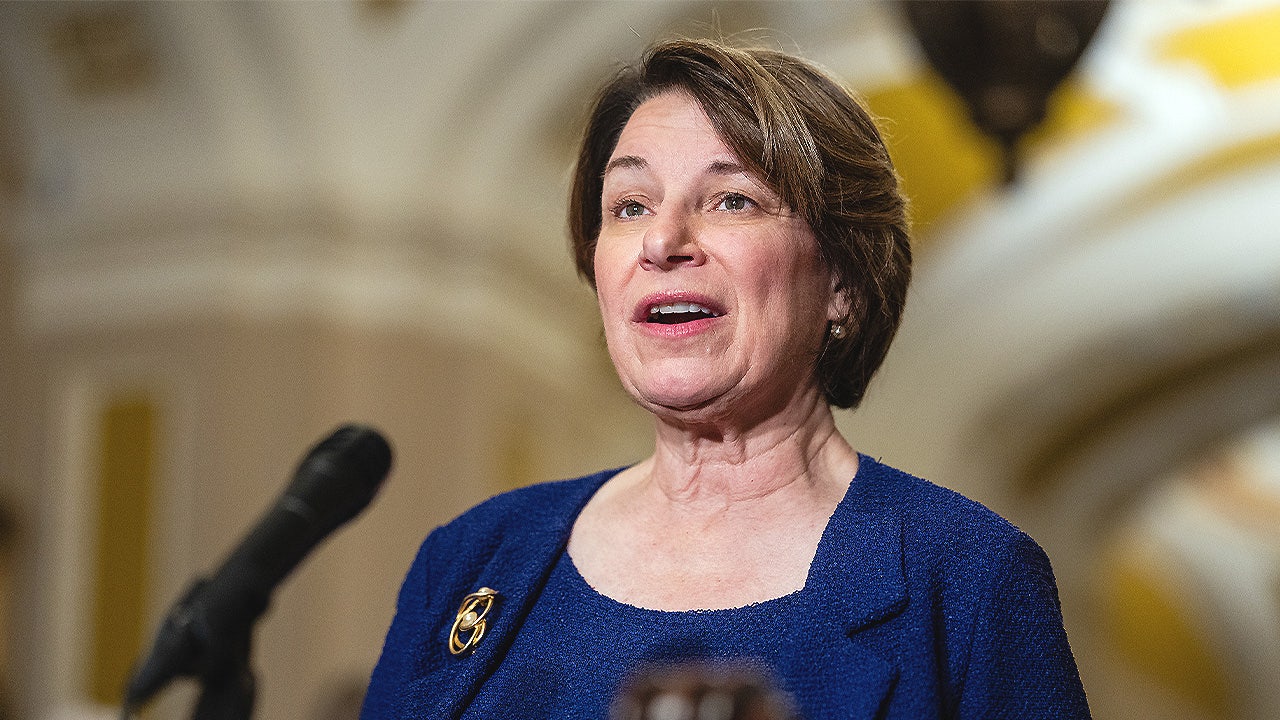President Trump moved quickly to meet with Russian leader Vladimir Putin in Alaska earlier this month after getting assurances from his special envoy, Steve Witkoff, that Moscow was ready to make a deal to end its war on Ukraine, US and European officials tell The Post.
Following a meeting in Moscow on Aug. 6, Witkoff had informed the president and other White House officials that Putin was ready to make concessions that would set up Trump to fulfill his campaign promise of ending Europe’s bloodiest conflict since World War II.
While Trump had hailed the news as “great progress” and announced plans for the Anchorage sitdown with his Russian counterpart two days later, the diplomatic push descended into chaos after it was revealed that Witkoff broke protocol by going to the meeting without a State Department notetaker — meaning no US record exists on paper of Putin’s exact proposal.
The fallout culminated with the anti-climactic Aug. 15 conference, at which Trump and Putin failed to secure a cease-fire deal or peace agreement.
The trouble began after Witkoff returned from Moscow with news that Putin was ready to cede territory to Ukraine in exchange for control of some of the land conquered by Kremlin forces over more than a decade of war.
While details of Putin’s demands remain unclear, Witkoff told European leaders the following day that Moscow was willing to give up its holdings in the Zaporizhzhia and Kherson regions in exchange for all of Donetsk and Luhansk oblasts, sources familiar with the talks said.
The report contradicted European intelligence, leaving leaders on both sides of the Atlantic scrambling to figure out what exactly Putin was demanding — with both Secretary of State Marco Rubio and special Ukraine envoy Keith Kellogg left in the dark, officials said.
By Aug. 8, Witkoff appeared to change his account to match what European national security advisers were saying: Putin was not, in fact, looking to give up any part of any of the four regions, sources said.
The following days saw Trump lower expectations for his meeting with Putin in Alaska, which the White House ultimately dubbed a “listening exercise.”
The episode has left some American officials frustrated with Witkoff for submitting conflicting information at a time when the Trump administration was ready to adopt a firmer line with Putin and hit Moscow with additional tariffs, sources told Reuters, which first reported on the timeline.
The White House did not comment on Witkoff’s alleged error, but it defended Trump’s foreign policy efforts as a step forward compared to his predecessor.
“Joe Biden’s weak administration didn’t understand foreign policy and his ‘traditional process’ allowed Russia to invade Ukraine,” White House spokeswoman Anna Kelly said.
“In contrast, world leaders have affirmed that President Trump made more progress towards peace in two weeks than Joe Biden did in three-and-a-half years.”
State Department spokesman Tommy Pigott insisted Thursday that Trump, Witkoff and Rubio were in “lockstep” in their approach to the Russia-Ukraine war.
“Any claim otherwise is untrue and unproductive,” Pigott added.
With Post wires













